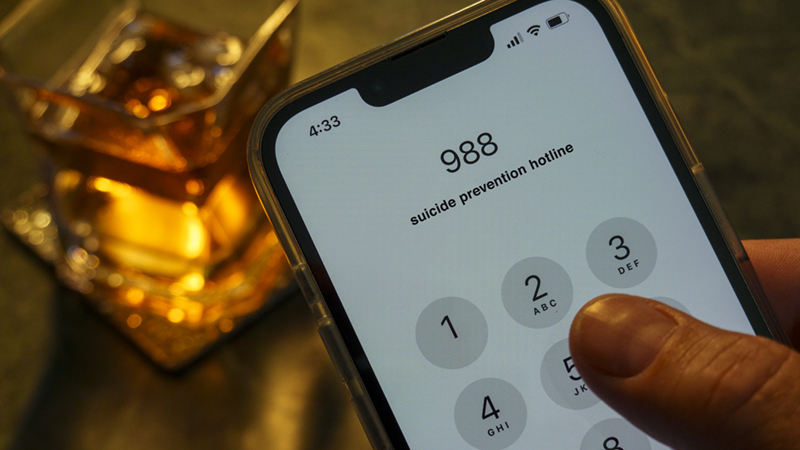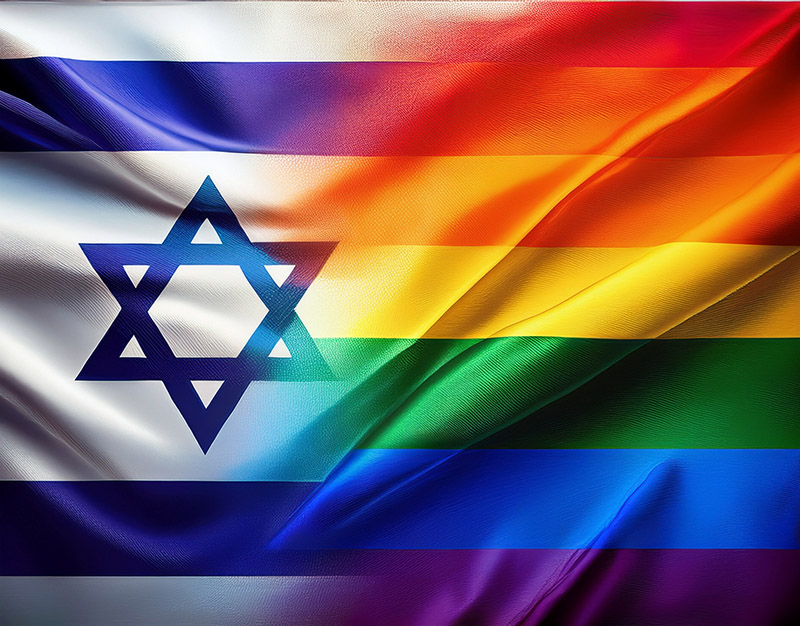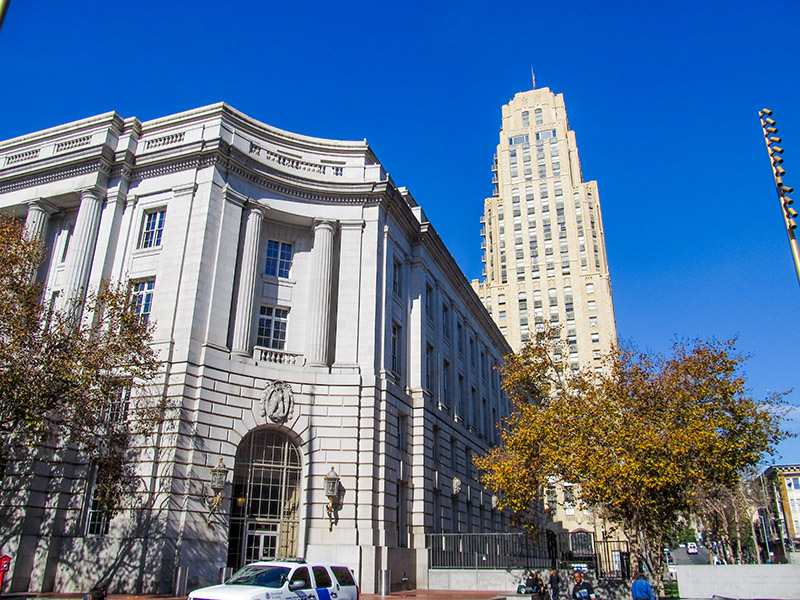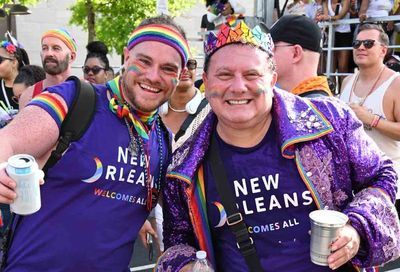The Riley Roundup: International LGBTQ News Edition
A court rules Bulgaria must recognize a same-sex marriage, while another finds LGBTQ Kenyans enjoy the right to freedom of association.

COURT URGES BULGARIA TO RECOGNIZE LESBIAN WEDDING
The European Court of Human Rights recently ruled that the government of Bulgaria violated European human rights law by failing to legally recognize same-sex marriages, reports Human Rights Watch.
Liliya Babulkova and Darina Koilova, two Bulgarian women who were legally wed in the United Kingdom in 2016, brought the case to the court three years ago, after Bulgarian authorities refused, multiple times, to recognize their marriage.
The couple claimed, in their complaint, that the refusal to recognize their marriage is discriminatory and violated their rights under the European Convention on Human Rights.
The court found that the Bulgarian government violated Article 8 of the European Convention on Human Rights, which protects the right to private and family life.
The court — as it previously did with similar cases from Ukraine and Romania — ruled that Bulgaria must take some action to recognize same-sex relationships or remove discriminatory portions of its laws, although it did not require the country to take specific actions, such as legalize same-sex nuptials. It also ordered the government to pay 3,000 euros to the couple to cover legal costs.
“The decision is fundamental for the development of Bulgarian legislation in the field of equality and LGBT rights,” a lawyer for the couple said in a statement. “Many couples in Bulgaria find themselves in a legal vacuum because on one side of the border, they are spouses, and on the other side, on the territory of the Republic of Bulgaria, they have no legal relationship.”
NIGERIA ARRESTS GAY WEDDING GUESTS
Last month, police in Nigeria carried out a mass arrest of several guests at a same-sex wedding in Warri, in the country’s southern Delta State, in one of the largest mass detentions targeting homosexuality in recent years.
Arrests of gay people are common in Nigeria, where they can face up to 14 years in prison under the Same Sex Marriage Prohibition Act.
Initially, 200 people were arrested, with 67 detained for further questioning, reports the Associated Press. The arrests at the wedding led some local D.C. area Black lawmakers to protest the government’s actions and denounce the country’s crackdown on LGBTQ rights.
Local authorities have expressed their intention to continue to crack down on homosexuality, casting it as a form of Western colonialism. A similar mass arrest occurred in 2020 when 47 men were charged with “public displays of affection with members of the same sex,” according to The New York Times.
“We cannot copy the Western world, because we don’t have the same culture,” Bright Edafe, a police spokesperson in Nigeria, said at a news conference where police paraded the arrestees in front of the media, marveling that the couple even bothered to record the wedding on video. “This is not something that will be allowed in Nigeria.”
KENYAN COURT: LGBT GROUP HAS RIGHT TO REGISTER
Last week, Kenya’s Supreme Court dismissed a challenge to a ruling from February allowing the National Gay and Lesbian Human Rights Commission to register as a non-governmental organization, reports the Daily Nation.
Ten years ago, the country’s NGO Coordinating Board refused to register the LGBTQ rights group on the grounds that it promotes same-sex behavior, which is criminalized under the country’s penal code. But the Supreme Court found, in February, that the country’s constitution bars discrimination on the basis of sexual orientation, and that LGBTQ people have a right to freedom of association under the constitution.
The ruling sparked criticism from Kenyans, especially clerics and politicians, demanding it be reversed on the grounds that “sex” should not protect individuals on the basis of sexual orientation or gender identity.
Member of Parliament Peter Kaluma sought to challenge the ruling, and has even sponsored a Uganda-style bill to impose harsh penalties for homosexuality, which will be taken up in the next legislative session.
But the court found that Kaluma is not an aggrieved party, since he was not party to the initial legal proceedings. As such, the court’s ruling remains in place, although Attorney General Justin Muturi may choose to challenge the court’s decision in the future, in the hope of obtaining a ruling declaring that same-sex relationships enjoy no protection under the law.
Support Metro Weekly’s Journalism
These are challenging times for news organizations. And yet it’s crucial we stay active and provide vital resources and information to both our local readers and the world. So won’t you please take a moment and consider supporting Metro Weekly with a membership? For as little as $5 a month, you can help ensure Metro Weekly magazine and MetroWeekly.com remain free, viable resources as we provide the best, most diverse, culturally-resonant LGBTQ coverage in both the D.C. region and around the world. Memberships come with exclusive perks and discounts, your own personal digital delivery of each week’s magazine (and an archive), access to our Member's Lounge when it launches this fall, and exclusive members-only items like Metro Weekly Membership Mugs and Tote Bags! Check out all our membership levels here and please join us today!



























You must be logged in to post a comment.